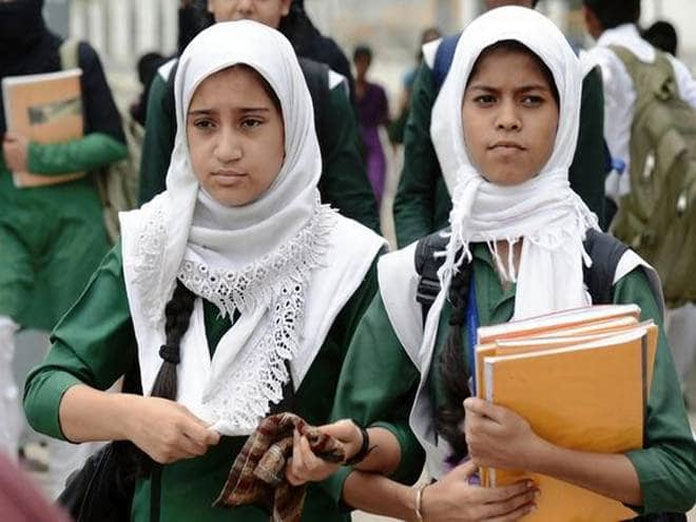Live
- "Wanaparthy District Collector Adarsh Surabhi Orders Precautions to Ensure Safe Mid-Day Meals"
- Jain Monk Shri 108 Jnaneshwar Muni Attains Samadhi at Devlapur
- Meet DJ Yogi: The Favorite DJ of Bollywood Celebrities and Sports Stars
- Synergy Marine Group Champions Onboard AI Agriculture for Healthier Crews and a Greener Future
- BJP alleges Rs 45 cr scam by AAP govt in school construction
- Yashoda Medicity organizes “Crown of Courage” ceremony to honor Cancer Survivors
- AAP appoints two-time legislator Arora as Punjab chief
- BJP won’t succeed in toppling Congress govt: K’taka Home Minister
- Turkey neutralises five Kurdish militants in Syria
- BJP questions Kejriwal on 21,000 deaths in Delhi due to contaminated water









